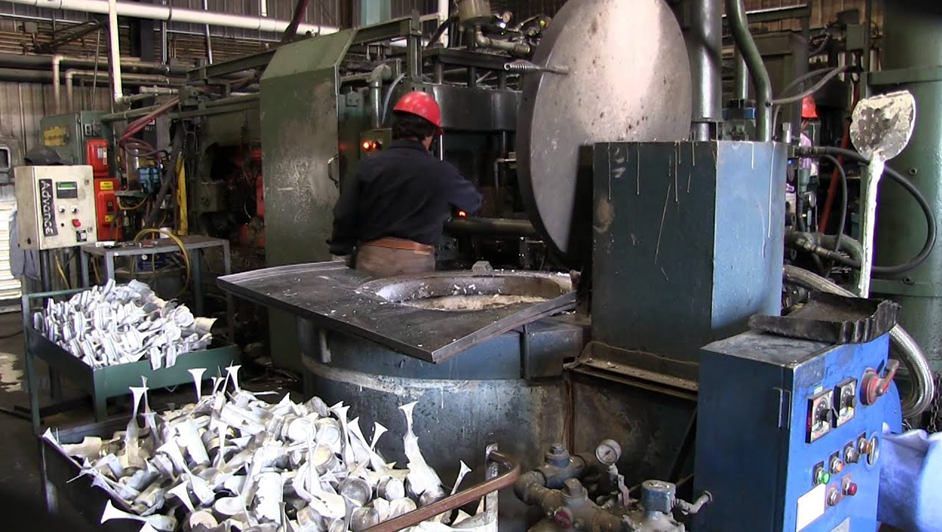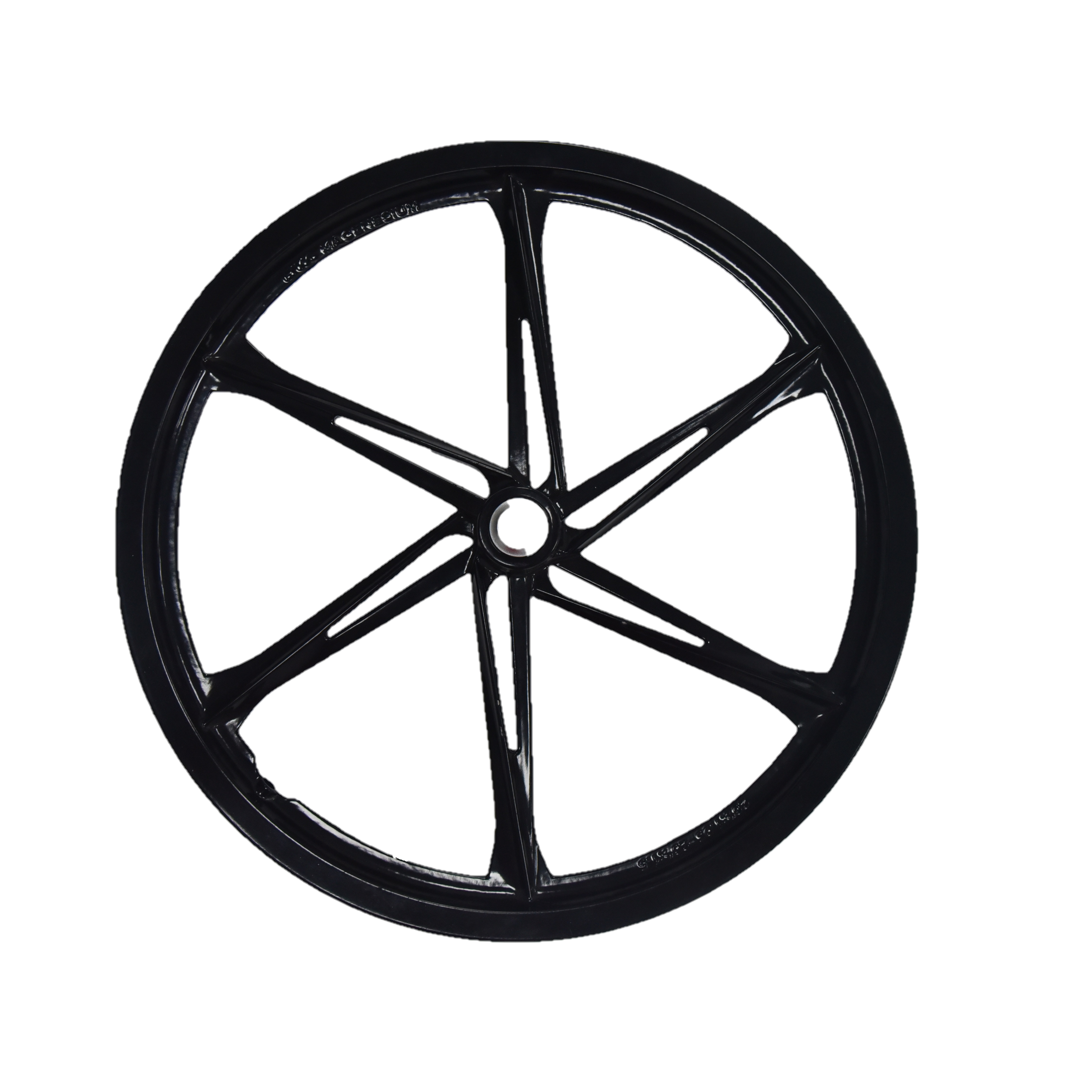Aluminum die casting molds are a vital part of the manufacturing process for a wide range of products. From automotive parts and aerospace components to household appliances and electronic devices, aluminum die casting molds are used to create precisely crafted parts and components that meet strict quality standards.
The use of aluminum die casting molds has many advantages over other manufacturing methods. For example, the molds can be designed to produce complex shapes and intricate details with high accuracy and consistency. This means that parts can be created with minimal waste, reducing production costs and improving efficiency.
Moreover, aluminum die casting molds are highly durable and long-lasting. This is because aluminum is a lightweight and corrosion-resistant material that can withstand high temperatures and pressures without degrading or deforming. As a result, aluminum die casting molds can be used to create thousands of parts without requiring replacement, making them a cost-effective choice for manufacturers.
In addition to their durability, aluminum die casting molds are also highly customizable. Manufacturers can create molds in a wide range of shapes and sizes to meet specific design requirements. This allows for greater flexibility in the manufacturing process, as well as the ability to produce parts that are tailored to the needs of individual customers.
Of course, the quality of the final product depends not only on the quality of the mold but also on the skill and expertise of the operator. Precision crafting with aluminum die casting molds requires extensive knowledge and experience in order to achieve the desired results.
To ensure that the parts created with aluminum die casting molds meet strict quality standards, manufacturers must pay close attention to several key factors. These include the design of the mold, the casting process, and the finishing techniques used to refine and polish the final product.
The design of the mold is critical to the success of the manufacturing process. The mold must be designed with the specific part in mind, taking into account factors such as shape, size, and material properties. It must also be designed to allow for the proper flow of molten metal, as well as to prevent defects such as porosity, shrinkage, and warping.
Once the mold is designed, the casting process can begin. This involves heating the metal until it reaches its melting point and then pouring it into the mold. The metal is then allowed to cool and solidify, forming the desired shape. The casting process must be carefully controlled to ensure that the metal cools evenly and without defects.

Finally, the finished product must be polished and refined to remove any imperfections. This may involve sanding, grinding, or other finishing techniques. The goal is to ensure that the final product meets the highest standards of quality and precision.
In conclusion, aluminum die casting molds are an essential tool in the manufacturing process for a wide range of products. They offer many advantages over other manufacturing methods, including precision, durability, and customization. However, achieving the desired level of precision requires extensive knowledge and experience. Manufacturers must pay close attention to the design of the mold, the casting process, and the finishing techniques used to refine the final product. With proper attention to these factors, precision crafting with aluminum die casting molds can produce high-quality parts that meet rigorous quality standards.
-

- 2022 Մեծածախ Թեժ Վաճառք Հեծանիվների Պահեստամասեր Մագնեզիումի Ալյումինե Մանկական Հեծանիվ Առանց ոտնակային մնացորդի Հեծանիվ Մանկական Բազմաթիվ Գույներ Հասանելի են
-

- Մագնեզիումի համաձուլվածքի թիքսոմոլդինգ ձուլման անօդաչու թռչող սարքերի մասեր
-

- OEM ձուլման բաղադրիչներ և մասեր
-

- Մագնեզիումի համաձուլվածքից հեծանիվների մասեր և բաղադրամասեր մանկական հեծանիվների համար
-

- Մագնեզիումի համաձուլվածքի ձուլում Ավտոպահեստամասեր RDM պատյան
-

- OEM ձուլված մասեր և բաղադրիչներ

 0086-750-5616188
0086-750-5616188 +86 13392089688
+86 13392089688 sales@zhongmei-tech.com
sales@zhongmei-tech.com







